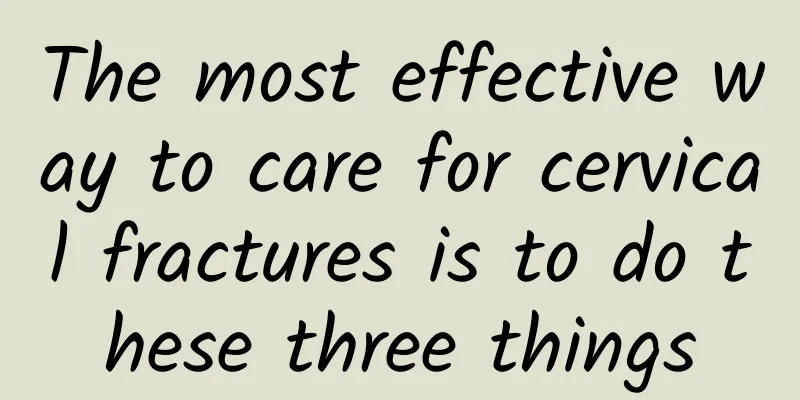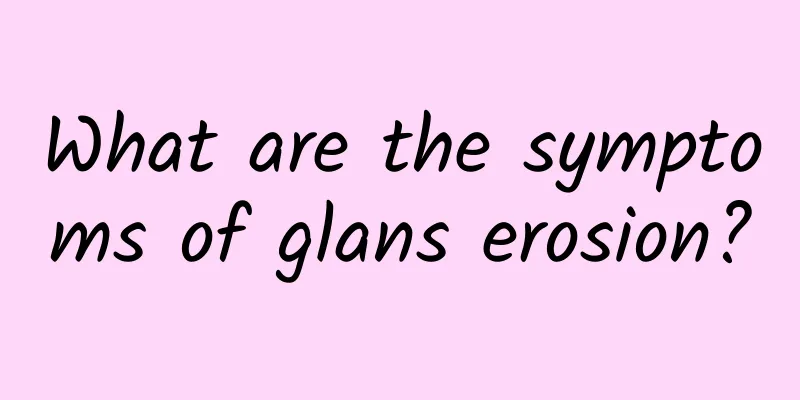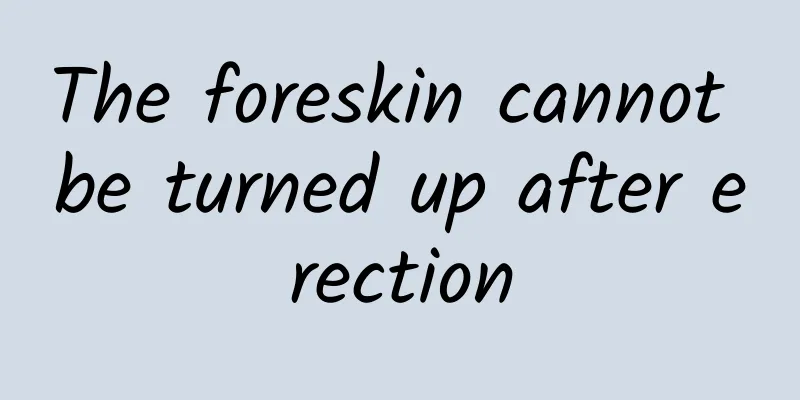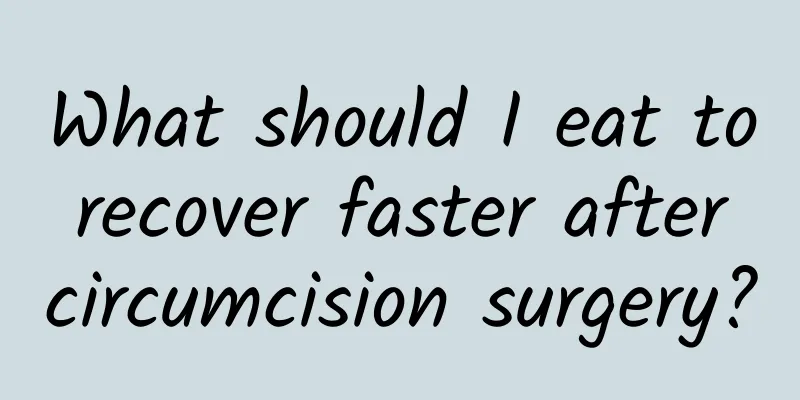What to do if the testicles are necrotic

|
The testicles are located in the private parts of men, so for most testicular problems, unless they are serious, men will not go to the hospital for treatment. However, if a man does not pay attention to the care of his testicles, he will not only have testicular eczema, but also some men will have testicular necrosis. Testicular necrosis will directly affect the ability of the testicles to supply semen. If the problem of testicular necrosis occurs, what treatment measures should be taken? If testicular necrosis occurs, the best treatment is to remove the necrotic testicle. Otherwise, it will cause systemic purulent blood disease or bacteremia. Therefore, testicular necrosis must be prevented, because the main cause of testicular necrosis is insufficient blood supply to the testicle, and common causes include testicular torsion or testicular rupture caused by trauma. Therefore, if the testicle is painful or has symptoms of trauma, do a color Doppler ultrasound in time, and perform surgical treatment in time according to the color Doppler ultrasound results. How to treat testicular damage in men Due to the special location of the testicles, men should try to preserve the testicles during treatment. Those with severe injuries and shock should receive anti-shock treatment. There are several different types of testicular injuries. To prevent sperm abnormalities, different treatment methods should be adopted for different injuries. 1. Testicular contusion In case of testicular contusion, cold compress should be applied immediately after local hematoma to reduce bleeding. The testicle should be lifted and fixed to relieve pain. If the hematoma cannot be absorbed, it should be drained by incision. If the testicle is swollen and painful, a small amount of white membrane can be incised to reduce the intratesticular pressure, but the occurrence of vas hernia should be guarded against. 2. Testicular prolapse For patients with testicular dislocation, surgical exploration should be performed to remove hematoma. For patients with partial rupture, necrotic tissue can be removed and the testicular white membrane can be sutured. For patients with superficial dislocation, closed reduction can be adopted; for patients with abdominal dislocation, early surgical reduction is performed, and the position of the spermatic cord is paid attention to during reduction, and the testicle is fixed; for patients who are not diagnosed with testicular dislocation at the time of injury and are diagnosed at a late stage, the passage from the outer ring to the scrotum has closed and disappeared, so it is necessary to free the adhesion of the spermatic cord, make the spermatic cord reach a sufficient length, re-establish the passage to the bottom of the scrotum, and fix the testicle. For patients who undergo reduction of testicular dislocation, regular follow-up visits are conducted after surgery to understand the patient's testicular condition. When the testicle is comminuted or has lost blood supply and cannot be retained, testicular removal can be performed. Drainage should be placed for 1 to 2 days after the operation, and antibiotics should be used to prevent infection. 3. Testicular torsion How to treat testicular injury? If testicular torsion occurs, first try manual reduction, rotating the left testicle clockwise and the right testicle counterclockwise. If manual reduction fails, surgical exploration and testicular reduction should be performed immediately. If the testicle has been necrotic, orchiectomy should be performed. 4. Testicular rupture Testicular rupture should be treated with surgery at an early stage. Conservative treatment can lead to testicular atrophy and loss of spermatogenesis and testicular endocrine function. During surgery, attention should be paid to removing necrotic tissue, completely stopping bleeding, and suturing the testicular white membrane. For testicular tissue protruding outside the white membrane, the white membrane can be sutured after removal. After surgery, strengthen anti-infection treatment and pay attention to prevent the occurrence of anti-sperm immune response. For those with more severe testicular pain and endometriosis, local spermatic cord closure with 3-5ml of 1% lucaine is helpful. If testicular injury causes testicular atrophy and stimulates male gonadal hyposecretion, hormone replacement therapy can be used. 5. Testicular trauma The wound surface should be cleaned, necrotic tissue removed, sutures repaired, and testicular tissue preserved as much as possible to maintain male function. Hematoma should be completely removed to avoid infection caused by hematoma. When bilateral testicles are injured, do not remove the testicles unless the testicular artery is damaged. If the testicles have been severed, in situ or ectopic testicular transplantation can be considered. If the scrotum is severely injured, scrotoplasty should be performed to wrap the testicles. |
<<: How to train men's sagging chest muscles
>>: Can you still have children if your testicles are necrotic?
Recommend
Effects of Zoloft on sexual function
In addition to the efficacy of the drug, the side...
What are the types of prostate diseases?
The prostate is an important organ in the male bo...
What should I eat if I eat too much?
In our daily life, many men have developed bad ha...
What is the disease if my right testicle hurts a little?
The testicle is a reproductive organ located in t...
Early pictures of the penis tip
There are no obvious symptoms in the early stage ...
Male genital itching
If a man finds that his genitals are peeling and ...
How to get rid of eye bags for men_How to get rid of eye bags for men quickly
Not only female friends are more worried about th...
What is the reason for blood in the ejaculation?
For men, ejaculation is for better reproduction o...
Can kidney stones cause premature ejaculation? What causes it?
Nowadays, people are under great pressure at work...
What are the symptoms of vas deferens?
The occurrence of vas deferens may cause obvious ...
Although beer halved eggs are delicious, this is how you can eat them healthily!
Beer halved eggs are a very delicious specialty f...
How long does it take for a man to see results when he stands on tiptoe?
As the saying goes: Healthy living starts with th...
Is bone hyperplasia a type of bone hyperplasia? What are the symptoms of bone hyperplasia?
I believe everyone has experienced bone fractures...
How can men eat black beans to nourish the kidneys?
Black beans are familiar to everyone. They are no...
How long does it take to cure impotence?
In the early years, people often saw many small a...









